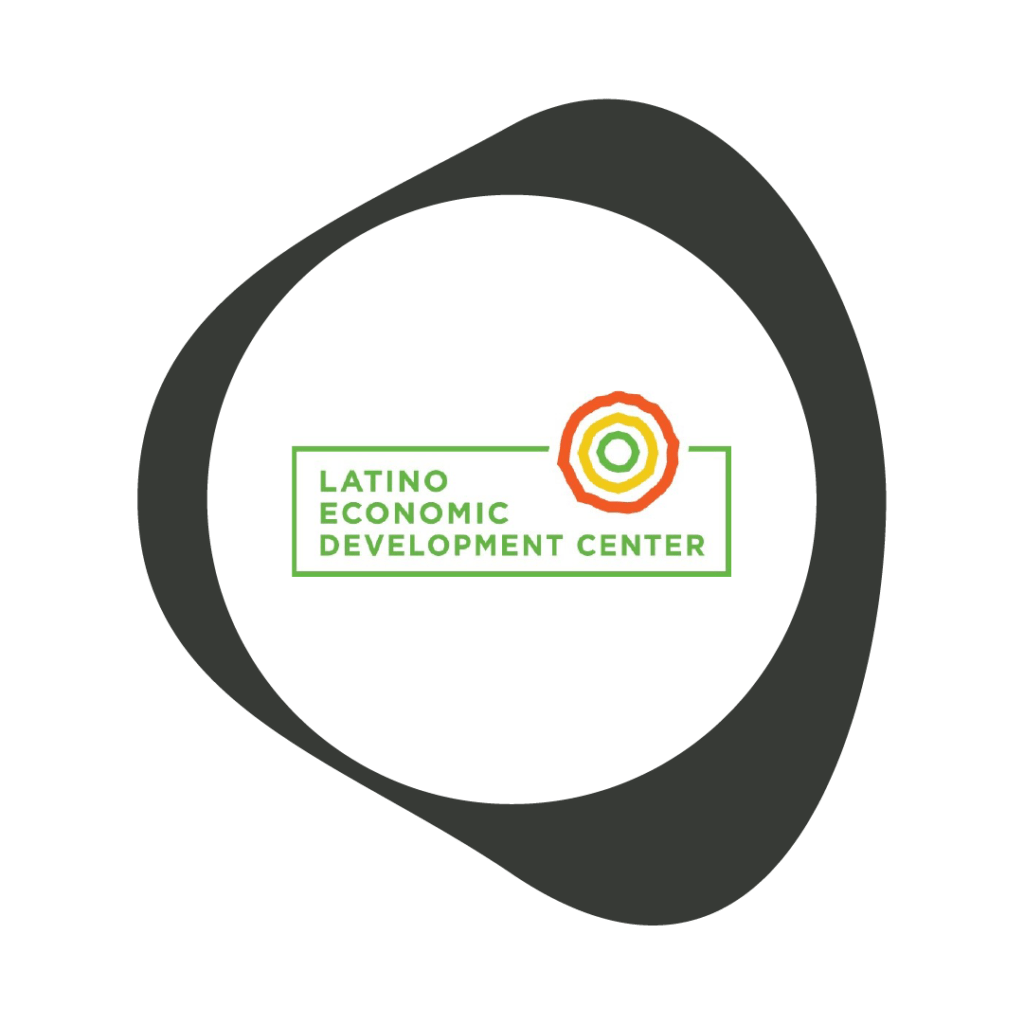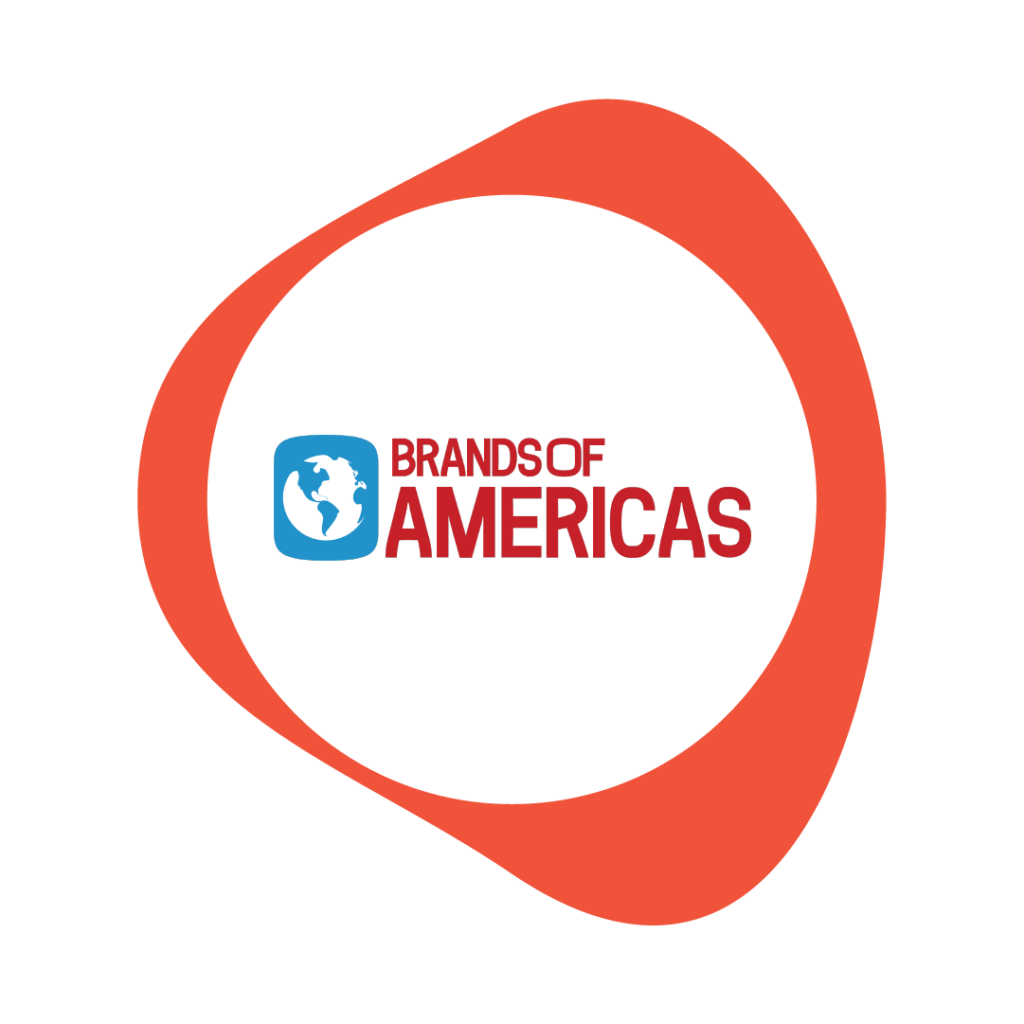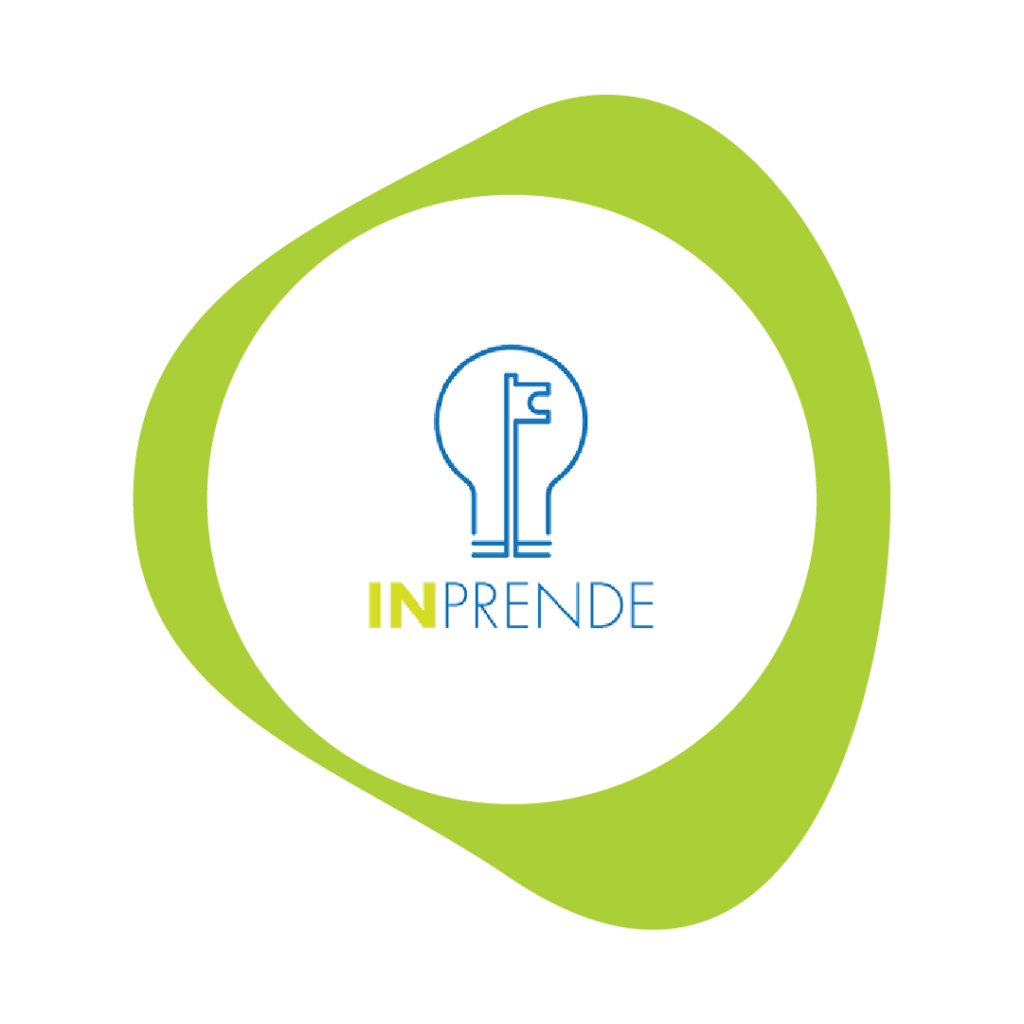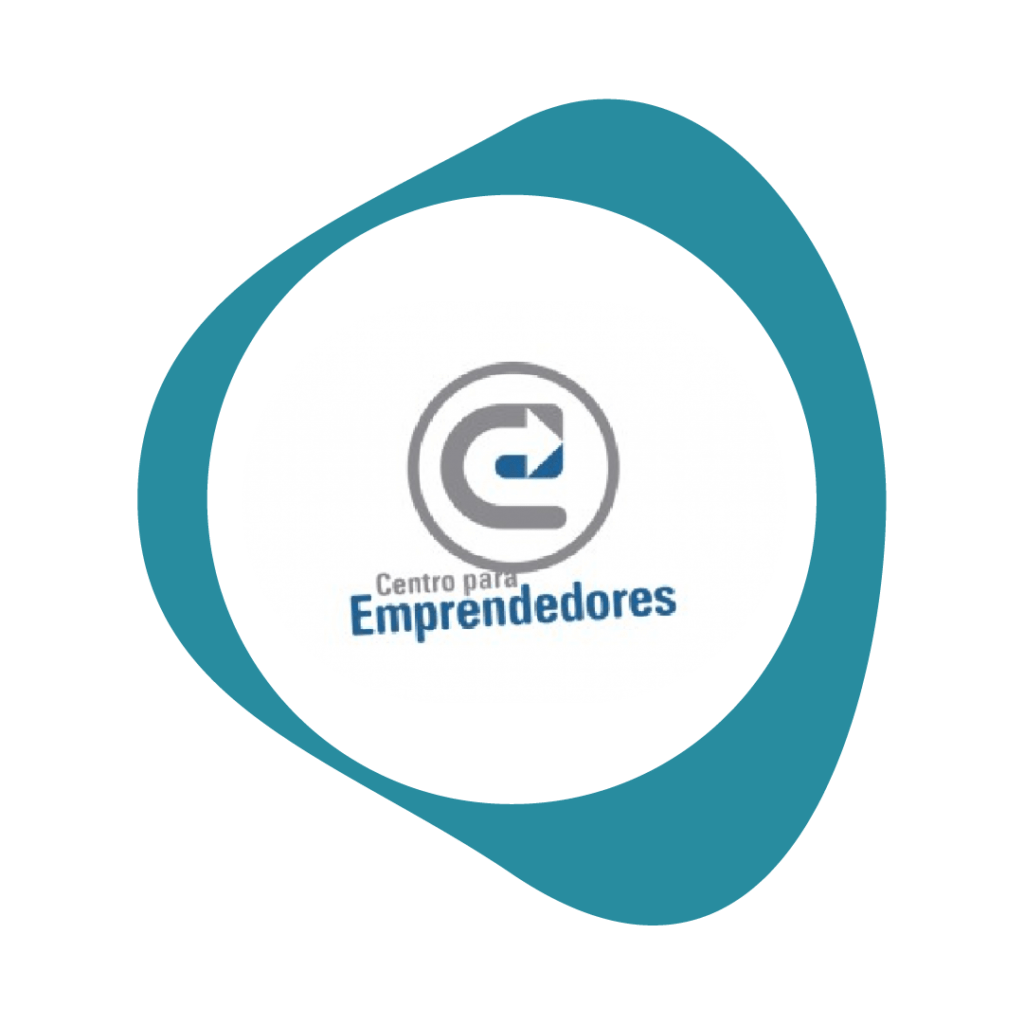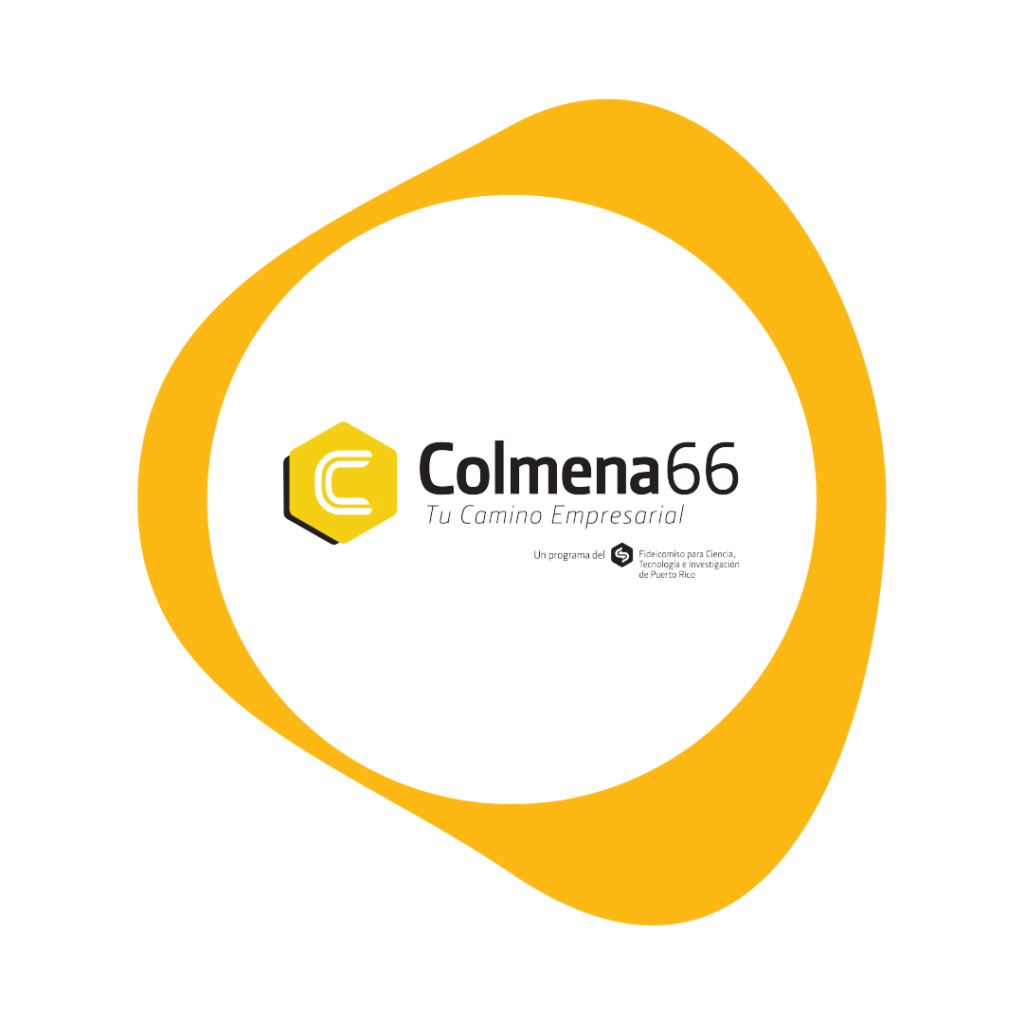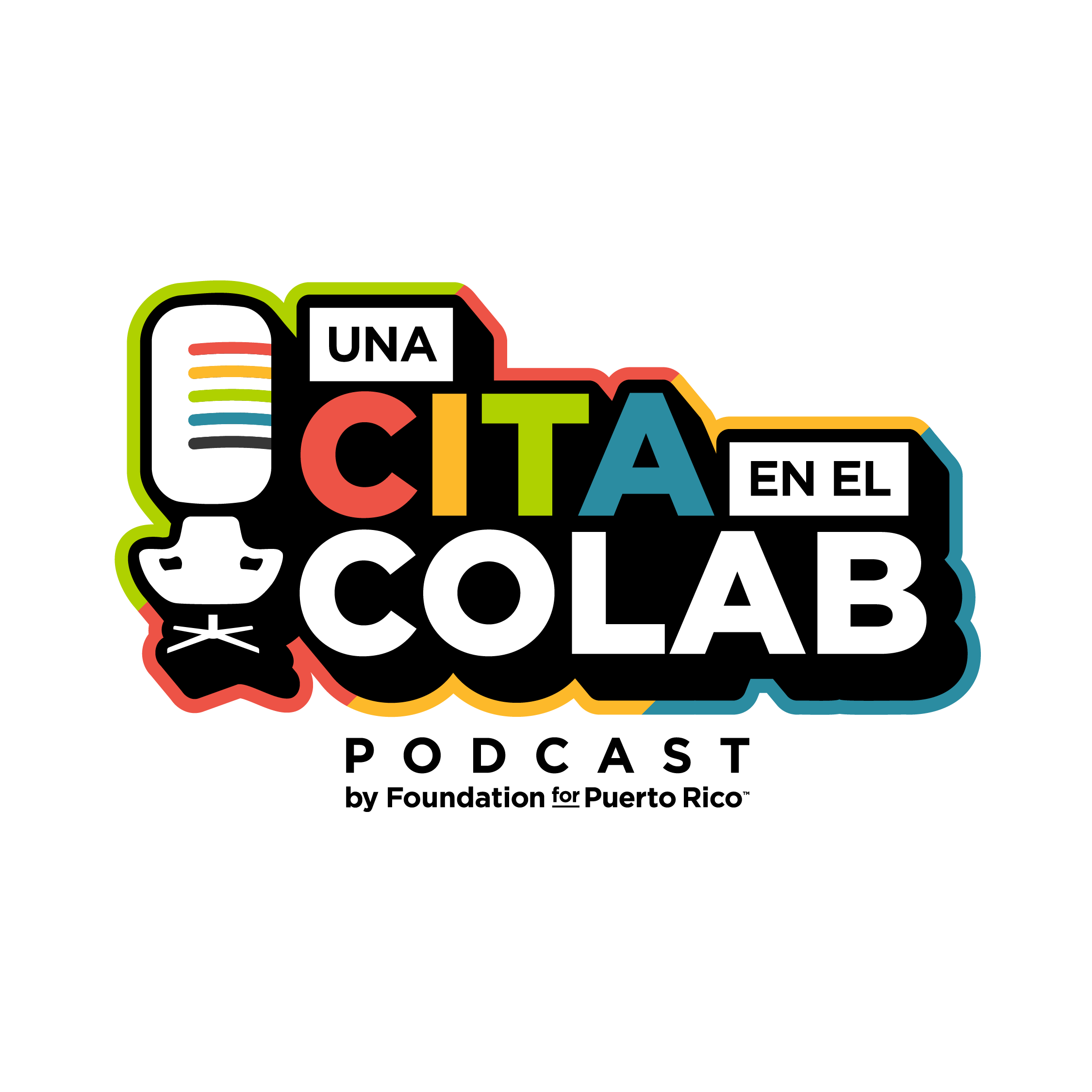
Listen to every episode in your favorite platform.
Una Cita en el Colab is the official podcast of Foundation for Puerto Rico, where we engage in conversations with various leaders from the public, private, and community sectors, among others, on topics related to the visitor economy in Puerto Rico.
By adding our code to your favorite podcast platform, you’ll be able to play it everywhere you go.
https://anchor.fm/s/dd37dd6c/podcast/rss
S4: Ep1. Economic Development in the Eastern Region of Puerto Rico with Keenan Adams, PhD from the U.S. Forest Service, El Yunque
In the premiere of the fourth season of Una Cita en el Colab, we talk with Keenan Adams, PhD, Rainforest Manager of El Yunque, about current efforts we are undertaking in collaboration with the Forest Service, other government agencies, communities, and nonprofit organizations. Learn about these initiatives aimed at improving access to the forest, promoting sustainable tourism, supporting the local economy, and enhancing the quality of life for communities surrounding the forest in this episode of our podcast. Discover the story behind this natural treasure in this episode of our podcast.
S3: Ep1. Artificial Intelligence as a Destination Marketing tool with JP Polo
In the first episode of the third season of Una Cita en el Colab, we sat with Jean Paul “JP” Polo, Chief Creative Officer and founder of Wanabí Puerto Rico, and talked about how Artificial Intelligence can serve as a destination marketing tool. Additionally, we discussed his experience creating creative pieces for Discover Puerto Rico and Wanabí, how he has applied AI technologies to facilitate creative processes, and how data generated through these technologies helps professionals make more informed decisions, among other things. In addition, JP elaborates on why AI, despite presenting marketing solutions and accelerating creative processes, will never replace advertising and marketing agencies.
S3: Ep2. Artificial Intelligence in Agriculture with Luis Torres
In this episode, we step out of the Colab and visit the facilities of Engine-4 in Bayamón, where we talk to one of its founders, Luis Torres. Through this conversation, we learned how the organization is innovating and educating, using new robotics and Artificial Intelligence technologies, innovating in agriculture, and providing solutions to maintain a secure food base in the face of crises such as the pandemic, climate change, and more. Additionally, Luis elaborates on their efforts in collaboration with the Municipality of Bayamón, educational initiatives, and trips to other cities like Medellín, where they have transformed lifestyles to greener ones through technology, among other things.
S3: Ep3. Artificial Intelligence and Human Resources with Lcda. Julybeth Alicea from Aireko Construction Group
In episode 14 of “Una Cita en el Colab,” we talked with Attorney Julybeth Alicea, Human Resources Director of Aireko Construction Group, about areas of opportunity to integrate Artificial Intelligence technologies in the Human Resources sector. We discussed how these technologies are revolutionizing the workplace by streamlining processes and helping professionals become more efficient. Additionally, she elaborates on her vision for the future of the workforce and how companies in other parts of the world have utilized AI, along with the regulatory approaches taken by other countries.
S3: Ep4. Artificial Intelligence and the Public Service Reform with Arnaldo Cruz from the Financial Oversight and Management Board
In this episode of the third season of #UnaCitaEnElColab, we continue to delve into the topic of Artificial Intelligence, this time from a governmental perspective. We sat down to talk with Arnaldo Cruz, Director of Research, Analysis, and Public Policy at the Financial Oversight and Management Board for Puerto Rico, discussing the Public Service Reform being implemented in various government agencies in Puerto Rico and how AI facilitates it.
S3: Ep5. Democratizing Education using Artificial Intelligence with Soraya Sesto from Casa Grande Interactive
In the sixteenth episode of “Una Cita en el Colab,” Francis Pérez, FPR’s Research & Analysis Manager, sits down with Soraya Sesto from Casa Grande Interactive to talk about the democratization and access to education through technological platforms such as Artificial Intelligence. Additionally, they discuss Casa Grande Interactive’s efforts and how it uses education as a driver of social transformation, leveraging technology as a facilitator, along with successful programs like Operación Éxito and more.
S2: Ep1. Visitor Economy
A few months ago, we created this podcast to discuss issues related to the visitor economy, its impact on economic development, and its effect on Puerto Ricans’ daily lives.
During this second season, we will elaborate on the key factors that drive this economy and talk with various entrepreneurs and leaders who actively participate.
We invite you to listen to the first two episodes! In the first episode, we will talk about how this economic model works with our research manager, @Francis Pérez. On the second episode, we will speak with @Liliana Albizu from @Handcrafted Weds & Events about her experience participating in this economy.
S2: Ep2. Destination Weddings
A few months ago, we created this podcast to discuss issues related to the visitor economy, its impact on economic development, and its effect on Puerto Ricans’ daily lives.
During this second season, we will elaborate on the key factors that drive this economy and talk with various entrepreneurs and leaders who actively participate.
We invite you to listen to the first two episodes! In the first episode, we will talk about how this economic model works with our research manager, @Francis Pérez. On the second episode, we will speak with @Liliana Albizu from @Handcrafted Weds & Events about her experience participating in this economy.
S2: Ep3. Cultural Heritage Tourism with Joana Santiago from Junte Boricua
In this episode, we talk about Cultural Heritage Tourism with Joana Santiago, executive director of Junte Boricua; an initiative developed by @GFR Media. Through Junte Boricua, they aim to attract 50,000 Boricuas in the diaspora to visit the island next summer, highlighting our cultural heritage and creating flagship events that showcase our culture on the island; such as bringing the Puerto Rican parade from New York to the Island. Learn more about this topic in this episode of Una Cita en el Colab.
S2: Ep4. Destination Content Creation with Katherine Rodríguez from TripsNCities
An episode for travel lovers!
Join us for the fourth episode of the second season of #UnaCitaEnElColab, where we sit down with Katherine Rodríguez, destination content creator and founder of TripsNCities.
Join this dynamic conversation, where Katherine tells us how her business came to be and how it contributes to the Visitor Economy. In addition, she shares with us what a day at work is like for a travel content creator, how she appeals to her audience and achieves collaborations with brands, some unique destinations that she has visited outside and within P.R., and suggestions to improve the destination content industry in the island.
S2: Ep5. Adventure Tours with Francisco Amundaray from Nátura PR Tours & Experiences
Join us in the last episode of the second season of #UnaCitaEnElColab, where Francisco Amundaray from Nátura PR Tours & Experiences tells us about his experience working in the tourism industry and creating a business that contributes to the Visitor Economy. In addition, he talks about proposals to have more holistic and collaborative approaches with other sectors to achieve common goals within this industry, his vision on new tourism technologies and experiences (such as Airbnb Experiences) and how the government should regulate them to conserve our natural heritage, and culture.
S1: Ep1. Opportunities and Recommendations towards PC 1557 with Carlos Muñoz from Airbnb
Carlos Muñoz from Airbnb arrives at Una Cita en el Colab to speak with Alan Taveras, our marketing and development director, about his stance on House Bill 1557, which seeks to create a law that regulates short-term rentals in Puerto Rico. We also talked about the economic impact Airbnb has had on the archipelago, other regulations they have encountered prior to this one, and their involvement in recovery efforts after Hurricane María in Puerto Rico. Get to know his opinion and be part of the conversation in #UnaCitaEnElColab.
S1: Ep2. Affordable Housing and the effects of Short-Term Rentals in Puerto Rico with Lic. Godreau from Ayuda Legal PR
During our second episode of #UnaCitaEnElColab, we sat down with Lcda. Ariadna Michelle Godreau Aubert, executive director of Ayuda Legal Puerto Rico, a non-profit organization that provides free legal services to Puerto Ricans in need, and focuses in areas such as evictions, people who are affected by fair housing issues in our archipelago, among other things. The lawyer and executive director elaborates on the organization’s experience dealing with cases of people who have been affected directly by the lack of affordable housing, recommendations for people who are going through an eviction process, and the organization’s point of view regarding #PC1557, a bill that seeks to regulate short-term rental housing.
S1: Ep3. Managing Short Term Rental Housing in P.R. with Carlos and Xaymara Ávila from JoyStay PR
Tune in to this episode, where we sat down with Carlos Ávila and Xaymara Ávila, founders of @Stellita Glamping and @JoyStay B&B Management, a local company that handles short-term home rentals, to talk about this economic activity model and its impact on communities.
Throughout the episode we discuss how both companies were founded, how the short-term rental model helped them save their home, tips for getting good reviews on the platform, recommendations for people considering this business model, and the reasons why Puerto Rico has the highest “Superhost” ratings on @Airbnb. In addition, we talked about the positive and negative impact of this business model on local communities and their opinion regarding Bill #PC1557, which seeks to regulate short-term rentals on the island.
S1: Ep4. Short-term Rentals and Affordable Housing in P.R. with municipal legislator Manuel Calderón Cerame
In our fourth episode of #UnaCitaEnElColab, we sit down to speak with the spokesman for the PPD in the San Juan municipal assembly, Manuel Calderón Cerame; who introduced a legislative measure to moderate short-term rental housing units in San Juan. During the episode, the legislator discusses the benefits, challenges, opportunities and dangers of short-term rentals, his recommendations for a good regulation, the project of the San Juan legislature that seeks to administer taxes on short-term rental housing units, the lack of affordable housing, and his point of view towards bill #PC1557.
S1: Ep5. Affordable Housing in PR with Luis Gallardo from Centro para la Reconstrucción del Hábitat
During the fifth episode of #UnaCitaEnElColab we spoke with Luis Gallardo, executive director of Centro para la Reconstrucción del Hábitat; a non-profit organization that tackles the problem of abandoned properties in Puerto Rico. In this conversation we elaborate on some myths that exist around public nuisances and abandoned houses, the need for a housing registry in PR, suggestions to solve this problem and his opinion as to whether short-term housing rental affects the affordability of housing in Puerto Rico.
S1: Ep6. Affordable Housing in PR with Luis Gallardo from Centro para la Reconstrucción del Hábitat
In this episode, we talk about the housing crisis in Puerto Rico with Rafa Rojo, former president and current member of the board of the Puerto Rico Builders Association, and president and CEO of VRM Companies. Throughout the episode, we received his input on the evolution of the real estate developer industry in P.R. since the nineties, the effect of the economic recession on the construction of new structures and those in development, and the impact of recent events such as the pandemic, hurricanes, and more. In addition, he talked about political, natural, social, and economic factors that affect the supply of housing available to low- and middle-income families.
Teaser
Una Cita En El Colab is the oficial podcast of Foundation for Puerto Rico, where we talk with several leaders from the public, private, and community sectors, among others about topics related to the visitor economy and economic development of Puerto Rico.









